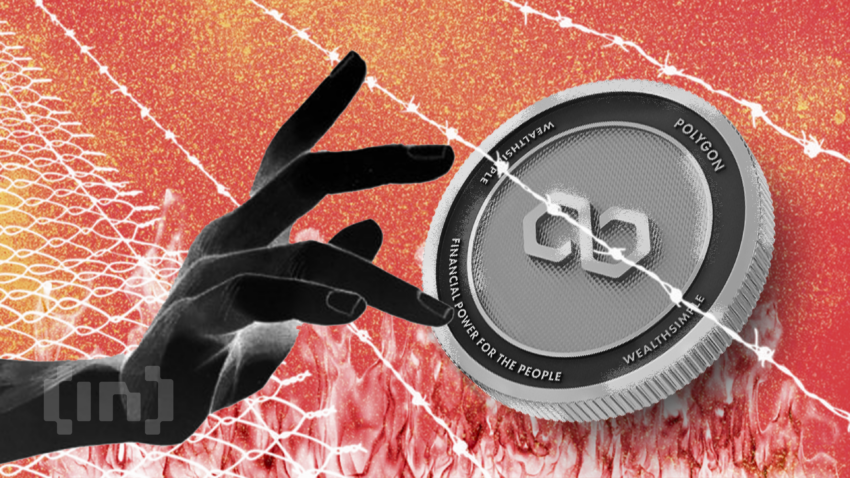How India can emerge as a crypto and blockchain hub, with a robust policy

India is currently at the forefront of witnessing the emergence of innovative technologies. Crypto and blockchain are the two front-runners that are getting a lot of attention. Although these technologies have been on the market for some time now, they have only begun to gain traction in recent years. The 2021 bull run was driven by some financial giants entering the market.
Cryptocurrencies, built on blockchain technology, have slowly begun to emerge as a new investment class. Many of today’s youth are turning to this to achieve financial freedom. With increasing awareness and adoption day by day, more people are interested in investing in crypto.
As the financial industry evolves, new investors have begun to try their hand at crypto. On the flip side, some people are hesitant to enter the market because of volatility. However, with increasing adoption, volatility is likely to decrease in the coming years.
What the future of India’s crypto and blockchain sector looks like
When we look at conventional financial transactions, there are several intermediaries in addition to the payee. But financial transactions using crypto can happen without interference from third parties.
Since crypto is decentralized in nature, it is available to users all over the world. The entire transaction process takes place on a blockchain where all records are stored in a code to ensure transparency. Using the underlying blockchain, senders and receivers can make financial transactions much more secure and cost-effective.
According to a 2021 United Nations Trade and Development (UNTAD) report, India has more than 7 percent of its population owning digital assets in the form of crypto. With more people holding crypto assets, the coming years may even see crypto banks popping up in the country.
Although these types of banks may sound new, they allow people to hold, buy and sell their crypto holdings alongside a regular bank account.
As many major companies have already started accepting payments in crypto, the step will give a boost to the digital payments industry worldwide. This will motivate the low and middle income population to shop and make payments in crypto all over the world.
With initiatives like Digital India and e-governance for economic resilience, India can lead by creating friendly policies around technologies like crypto, blockchain and Web3.
After the Indian government clarified the taxation of crypto-assets in the Union Budget this year, the morale of the industry has been boosted. Since crypto is still in its nascent phase globally, India has the best chance to develop a robust policy in favor of the digital revolution. The move will also open up more resources for newbies and existing professionals, thus offering huge job opportunities in the near future.
India is one of the fastest growing crypto markets in the world. The acceptance of the digital currency system in India would be a sensible move, considering the pace at which the financial system is revolutionizing. The country has great technical talent, which can propel the country to emerge as a crypto and blockchain hub.
(The author is the CEO and co-founder of Mudrex, a global crypto investment company.)
Disclaimer: The opinions, beliefs and views expressed by the various authors and forum participants on this website are personal. Crypto products and NFTs are unregulated and can be very risky. There can be no regulatory recourse for losses from such transactions. Cryptocurrency is not legal tender and is subject to market risk. Readers are advised to seek expert advice and read the offer document(s) together with related important literature on the subject carefully before making any investment whatsoever. Cryptocurrency market predictions are speculative and any investment made shall be at the readers own cost and risk.

























